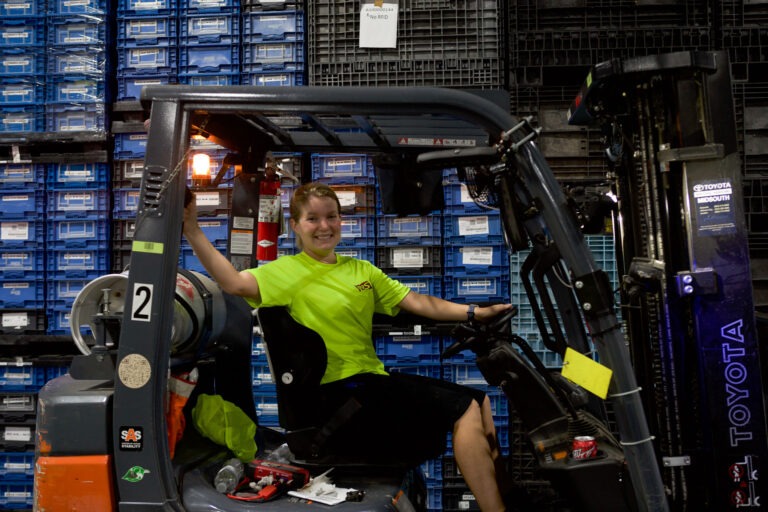President Biden has announced a new increase in tariffs on Chinese products, affecting $18 billion in imported goods. These updated measures impact a range of goods, including steel, aluminum, computer chips, and medical products. However, it’s the 100% tariff on Chinese-made electric vehicles (EVs) that is capturing the most attention.
With the tariff on electric vehicles taking center stage, it’s understandable that concerns are rising about its impact on the U.S. automotive industry. More importantly, however, the new tariffs on the wide range of non-EV products could lead to significant supply chain disruptions, causing delays and increased costs for businesses that rely on Chinese imports for their manufacturing and production processes.
While the 100% tariff on EVs seems alarming, it is unlikely to have an immediate effect on American consumers since China currently sells almost no electric vehicles in the U.S. A positive perspective suggests that American electric vehicle production will increase sufficiently to satisfy consumer demand without depending heavily on Chinese imports. This trend is evident as Chevrolet and Ford are already making substantial investments in electric trucks and SUVs.
Yet, no matter how heavily auto manufacturers lean into EVs in the next few years, well-organized, secure warehousing will remain the bedrock of parts distribution. An efficient, adaptable warehousing partner can pivot to meet manufacturer needs no matter how the supply chain moves based on the political winds.
Contact R&S to Solve Your Automotive Needs
R&S supplies superior warehousing services in the Southeast U.S. Our strategic location near major interstates, airports, and waterways allows us to offer comprehensive supply chain services tailored to the unique needs of the automotive industry. R&S Logistics is committed to supporting the industry through these changes, ensuring efficient and reliable logistics solutions for our clients.


